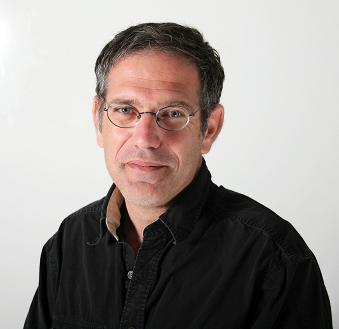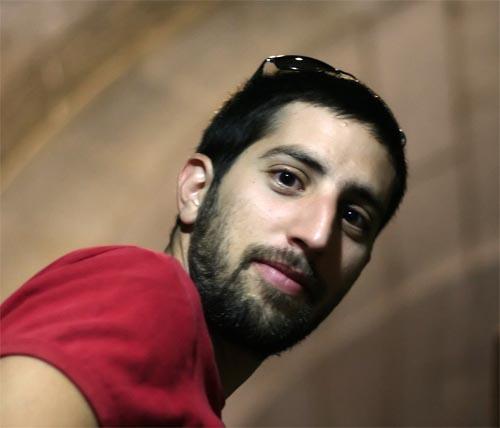This is according to a joint Israeli-American study with the participation of researchers from Ben Gurion University and Berkeley University

An Israeli-American study from Ben-Gurion and Berkeley Universities, California offers an innovative drug treatment that may prevent the development of epilepsy (convulsions) after a brain injury.
Medicines that block the receptors for "growth factor" may prevent the development of epilepsy after brain damage. This is according to a new study published in the July issue of the prestigious Journal of Neuroscience.
The joint research was carried out by Yaron David - a medical and PhD student at Ben-Gurion University in Prof. Alon Friedman's lab and by Louisa Casho - a PhD student in Prof. Daniela Cowper's lab at Berkeley University. In the study, it was found that drugs that block the receptors for beta-type growth factor block the development of epilepsy in laboratory animals and even the molecular changes associated with the development of the disease.
In the current study, the researchers followed the animals only a few days after the damage, but from the first animal experiments it appears that the animals are indeed free from epileptic seizures even several weeks later. If the studies are also verified in patients, these barriers may prevent the development of epilepsy in car accident victims, stroke victims and brain infections. The improvement in medical treatment increases the chances that brain injured people will survive the initial acute event, and therefore also increases the incidence of developing epilepsy among them - up to 20-50 percent. After the development of the disease, drug treatment can be given - however, over 30% of patients will continue to suffer from repeated attacks.

The study is the result of over 14 years of research examining the hypothesis that brain damage, including epilepsy, develops after a brain injury due to damage to the blood-brain barrier, following which a "leakage" of blood components leads to secondary damage to brain cells. Alon Friedman - then a doctor in the neurosurgery department in Soroka - came to this hypothesis following observations of patients. He is a friend of Daniela Cowper - who was then a doctoral student in Prof. Hermona Sorek's laboratory at the Hebrew University - and together they began to investigate the results of damage to the barrier's integrity. "In 2004, we published the first article demonstrating that following direct damage to the blood-brain barrier, a functional change develops in the networks of nerve cells in the brain, leading to epilepsy," says Friedman. "After several more years, in 2007, we found that the damage was caused by the mediation of the common protein in the blood, albumin. The experiments that have just been published demonstrate that albumin binds to the receptors of the beta-type pectoris, and leads to the activation of secondary pathways that include changes in the expression of many genes - which cause brain inflammation and the development of the disease."
Since the disease develops only weeks to months after the initial injury or damage - there is a "window of opportunity" to prevent the disease. At the same time, Prof. Friedman's laboratory continues to develop in partnership with Dr. Ilan Shelf from the MRI Center. At the Soroka Medical Center methods for early detection of damage to the blood-brain barrier. Such a discovery, the researchers believe, will result in the early identification of the patients who are in danger of developing the disease and will enable selective treatment with safe drugs.
Alex Lechter and Guy Bar-Klein from Friedman's research group at Ben-Gurion University, as well as Sebastian Evans - specialist in psychiatry and Eva Heinemann - from the Medical University - Sarita, Berlin, are also partners in the article. The research was carried out with the support of the Israel Science Foundation, the Israel-USA Binational Foundation, a research grant from the German Academy of Sciences and the CURE FOUNDATION from the USA.
Captions for photos:
1. Prof. Alon Friedman.
2. Yaron David.
Photographer: Danny Machlis, Ben-Gurion University.
